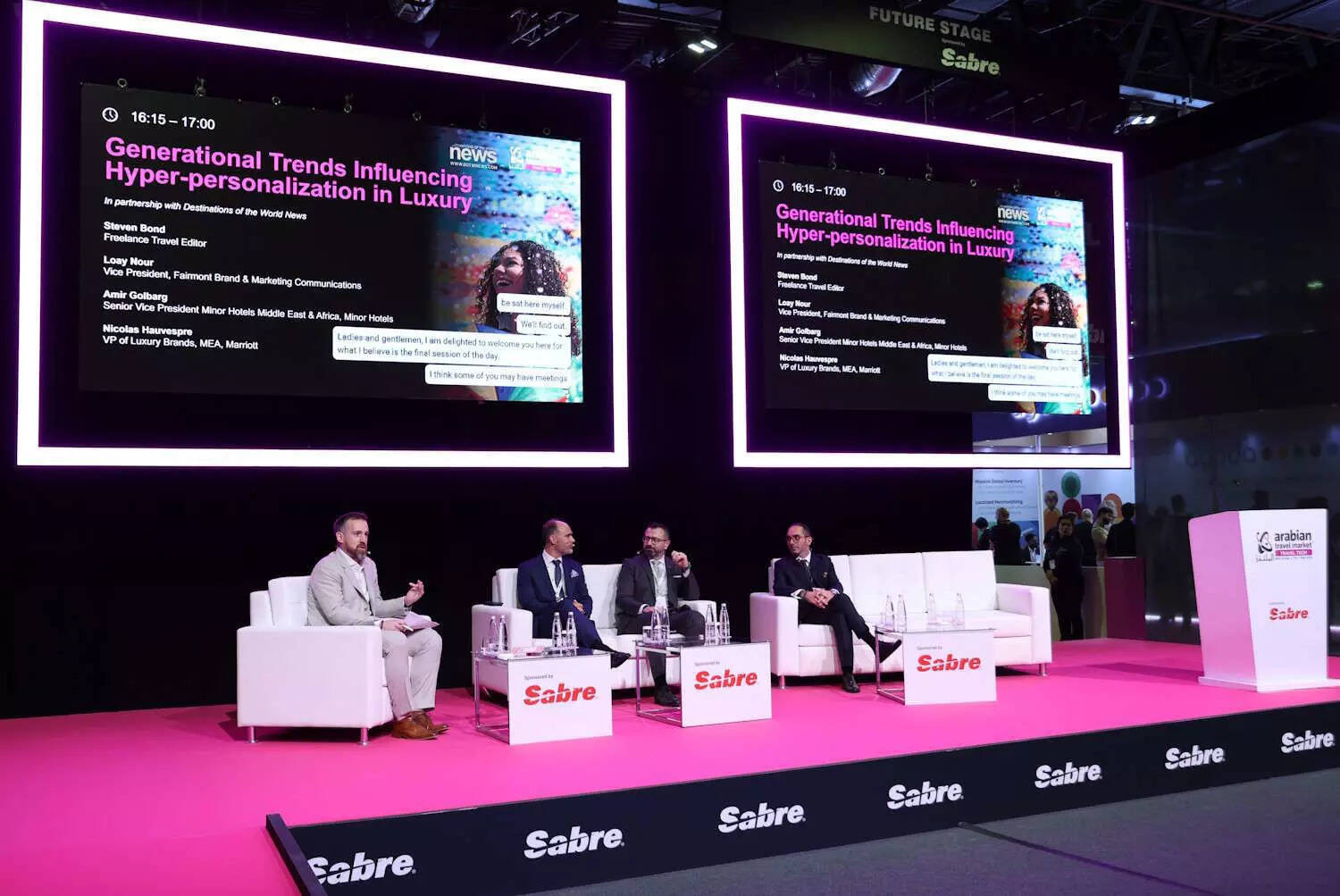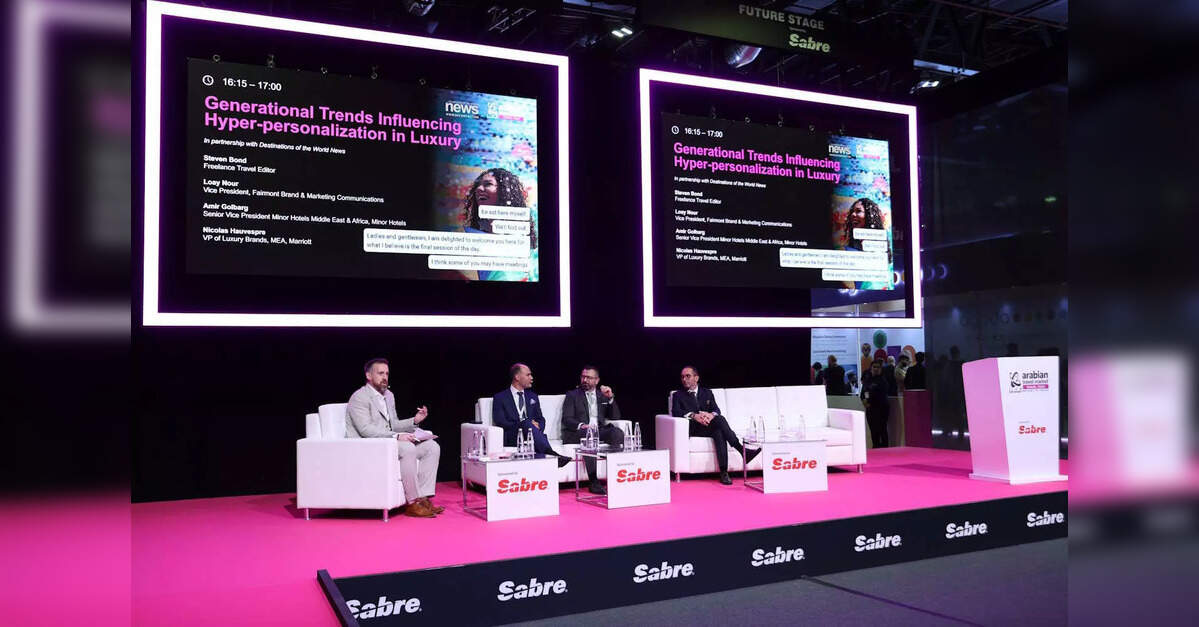
Personalisation is fast becoming a core strategy for luxury hospitality brands, as revealed during a key panel at Arabian Travel Market (ATM) 2025. Senior executives from Minor Hotels, Fairmont, and Marriott shared insights on how ‘hyper-personalisation’ is transforming guest engagement and unlocking new revenue opportunities.
As next-gen travellers seek more meaningful, tailored experiences, hotel groups are moving beyond traditional recognition tactics. The focus has shifted to delivering curated, anticipatory service by combining AI-powered tools with emotionally intelligent hospitality.
The ATM Travel Trends Report 2025, developed in partnership with Tourism Economics, found that 85 per cent of hoteliers believe personalisation is a vital commercial growth driver, with tailored experiences boosting revenue by up to 5 per cent . The global personalisation market in travel is projected to hit over US$620 million by 2032, according to Future Market Insight Inc.
Nicolas Hauvespre, VP of Luxury Brands, MEA, Marriott, noted: “It’s not just about remembering a guest’s name anymore—it’s about crafting an experience that meets both stated and subtle preferences, in real time.”
The panel also featured Loay Nour, VP, Fairmont Brand & Marketing, and Amir Golbarg, SVP, Minor Hotels, who emphasised the role of emotional intelligence and cultural authenticity in today’s luxury playbook.
In the Middle East, Marriott is embedding this shift with projects like Ritz-Carlton Reserve in Saudi Arabia’s Red Sea and curated safari lodges in East Africa. Meanwhile, Minor Hotels is using its nimble structure to trial hyper-personalised offerings at boutique properties like Anantara Santorini Abu Dhabi, which has exceeded performance expectations since its debut.
Danielle Curtis, Exhibition Director ME, ATM, added: “Luxury travellers today want connection, context, and customisation. The industry is evolving to reflect that, delivering not just high-end service but experiences that mirror each guest’s identity and aspirations.”


